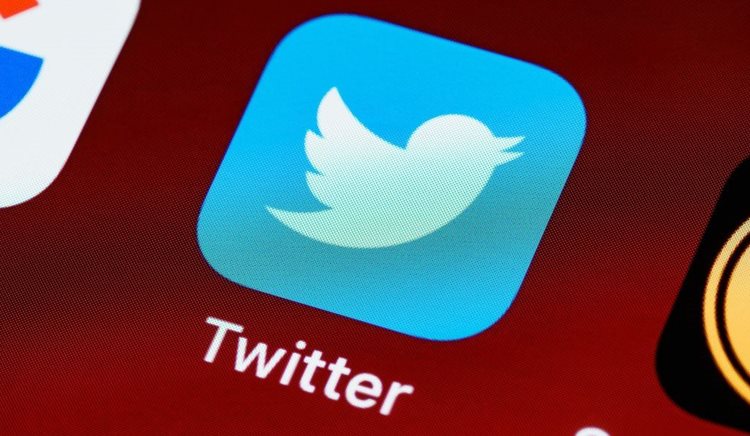
Top stories






More news


ESG & Sustainability
Redisa calls on govt to fix South Africa’s “broken” waste management system



























“Not only does news break first on Twitter, but with over 192 million daily active users and growing, brands can no longer afford to not be on Twitter, especially as the platform is making inroads into some of the world’s fastest-growing markets by now having headquarters on the African continent. ”
Connect
Ouwehand continues, “Through Twitter, brands can connect directly with consumers in real time about what they are talking about. It’s a people’s platform - they’re the ones driving conversations, talking about things that they are passionate about, things they’ve learnt, etc. Brands have an opportunity to be part of the conversation. In our experience, brands that launch on Twitter see these conversations being sustained for over a month – that’s almost a 33% increase in sustained awareness from the day the conversation and the hashtag are seeded, to the launch, and that conversation carries on for about 43 days. This is because Twitter connects brands with audiences when they’re most receptive and the number one reason why people go on to Twitter is to discover something new and exciting.”
Align
Ouwehand explains that the best way for brands to become part of the conversation is to align with a particular moment and three categories have been identified:
Remain relevant
“There are various topics and trends that brands can be at the forefront of and that is how they build cultural relevance. In fact, 23% of a consumer’s purchase decision is driven by cultural relevance. With people increasingly looking to brands to weigh in on global issues and what’s happening around them, this should be a key component in a brand’s Twitter strategy,” shares Ouwehand.
An example of this was a 2019 Tweet by Nike in support of embattled athlete, Caster Semenya. The Tweet, which simply read ‘Never slow down for the world, one day it will catch up with you. #Justdoit’ and was accompanied by an image of the runner, was seen 31 million times, mentioned 35 thousand times and saw 23 thousand unique authors getting involved.
Never slow down for the world, one day it will catch-up with you. #justdoit pic.twitter.com/xx2UzmQ0Bw
— Nike (@Nike) May 3, 2019
“To get audiences to stop scrolling and engage, brands need something in their arsenal with stopping power and that’s where creativity is crucial. Whether it’s video, 3D GIFs, branded image overlays or interactive automated solutions, brands need to be doing something different, as opposed to just putting out content so they can say ‘I’m part of the conversation’.
He concludes by saying that while Twitter might seem daunting to brands not au fait with the platform, there are partners that can help them navigate this new world.